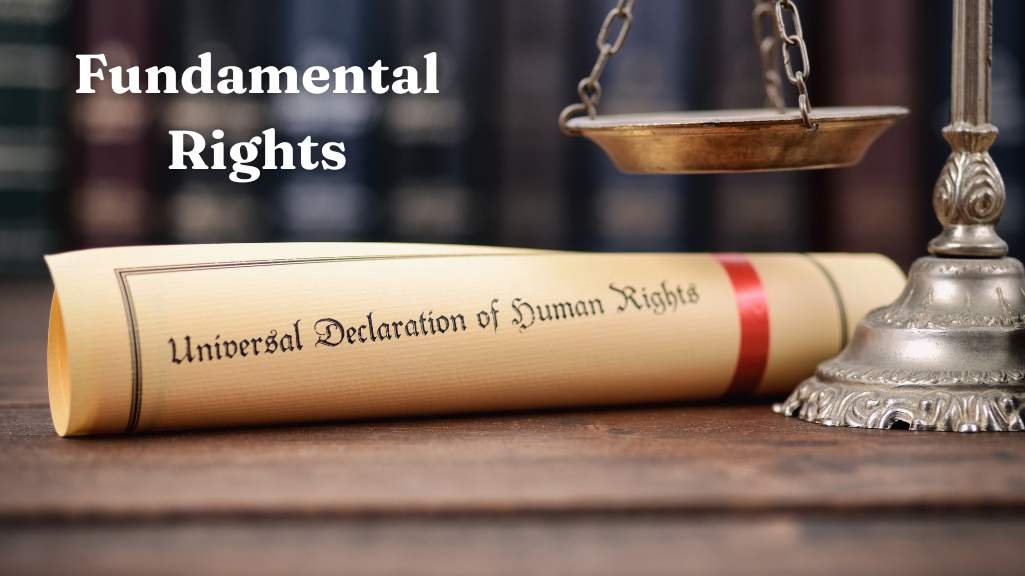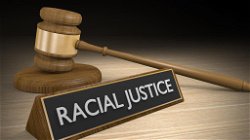The Universal Declaration of Human Rights: Protecting Fundamental Freedoms
Poonam Junjunwala
. 2 min read
Human rights are rights that we automatically possess as human beings; states do not have the authority to grant these rights to their citizens. These universal rights are inalienable to each and every one of us, irrespective of our nationality, sex, national or ethnic origin, color, religious affiliation, linguistic proficiency, or any other status. They range from the most fundamental, which is the right to life, to those that make life worth living, such as the rights to food, education, work, health, and liberty. Online chat platforms have become vital spaces for people to express their opinions, share information, and participate in discussions surrounding human rights issues.

Universal Declaration of Human Rights
The Declaration was proclaimed by the United Nations General Assembly in Paris on 10 December 1948 (General Assembly resolution 217 A) as a common standard of achievements for all peoples and all nations. The Declaration was drafted by representatives from all regions of the world who had different legal and cultural backgrounds. It is the first document of its kind to do so, and it has been translated into more than 500 different languages. It lays out fundamental human rights that should be universally protected.
Some illustrations of social, economic, and cultural rights
• The right to social security and social protection, including the right not to be denied social security coverage arbitrarily or unreasonably.
• The right to protection of and assistance for the family, including the rights to marriage by free consent, to maternity and paternity protection, and to protection of chidren
• The right to education, including the right
Access to Political Systems
- The ability of an individual to participate either directly or indirectly in the political processes of a state is referred to as having political rights.
- The right to vote, the right to stand for election, the right to participate in public affairs, and other similar rights are examples of political rights.
- The rights that are exercised in the process of the formation and administration of a government are known as political rights. The Constitution bestows them upon each citizen as a gift.
- The citizen is granted the ability to participate either directly or indirectly in the administration as a result of these rights.
- The right to vote is the most prominent form of political participation, but there are many other ways to get involved in politics.
Balancing Cultural Rights and Individual Liberties
A related concern is that the protection of cultural rights may infringe upon the individual rights of members of cultural groups, particularly those members who are the most defenseless, such as children and women. These sorts of criticisms have some merit in situations where cultural rights are defended or recognized in the name of cultural heritage preservation. On the other hand, cultural rights have also been formulated as human rights on the basis of liberal principles of individual liberty and equality and, in this context, they stand in opposition to cultural relativism. These rights were established in the United States in the 1960s.
More Stories from
Embarking on a New Journey: The First Day of College
This article delves into the exhilarating and transformative experience of the first day at college.
Efficient and Safe Escalator Usage: Rethinking the Custom of Standing Side by Side
Rethinking Escalator Usage: Standing Side by Side for Efficiency and Safety.
The Enchanting Rhododendron: Himachal Pradesh's State Flower
Discover the captivating Rhododendron, the state flower of Himachal Pradesh, India. This vibrant evergreen shrub, native to the Himalayas, paints the landscape with breathtaking colors each spring.
Exploring the Uncharted: Speculative Insights into the World Beyond 2021
This article provides a brief overview of potential geopolitical shifts, technological advancements, environmental concerns, health challenges, economic developments.
Racial Justice and Inclusivity: Promoting Equality in Society
Explore the vital journey towards racial justice and inclusivity as we uncover the challenges faced by marginalized communities and the transformative power of inclusivity.











.png?width=40&aspect_ratio=1:1)

.png?width=40&aspect_ratio=1:1)